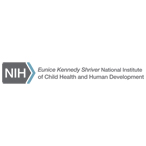Harmless Virus Prevents HIV Variant from Spreading in Human Tissue Blocks
Human herpesvirus 6 (HHV-6), a common virus that is apparently harmless in adults, appears to prevent a form of the AIDS virus from reproducing in laboratory cultures of human tissue, according to a study published in the November issue of Nature Medicine.

 BACK TO TOP
BACK TO TOP